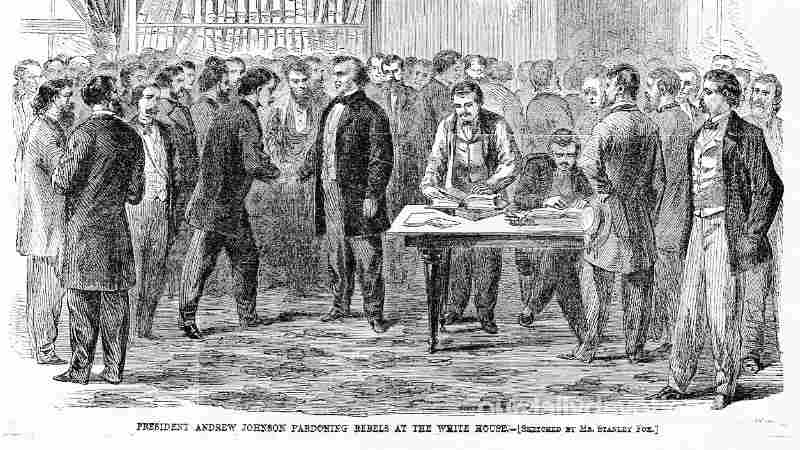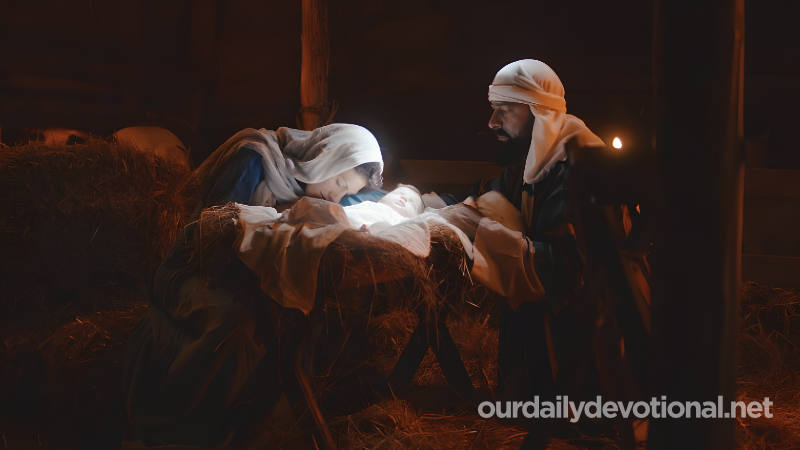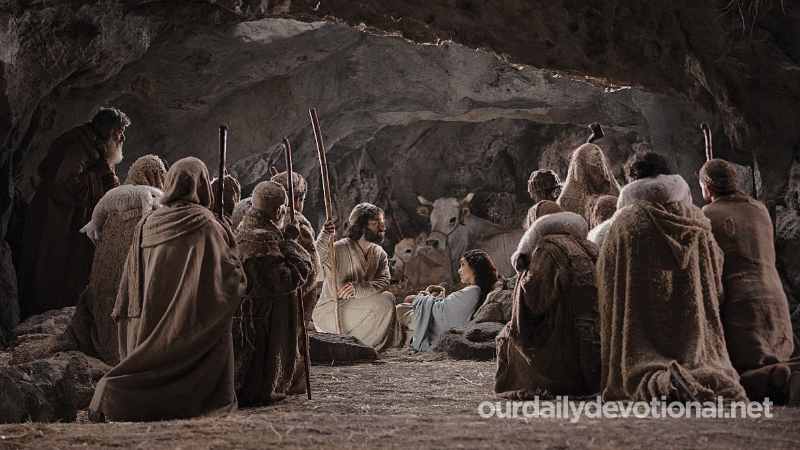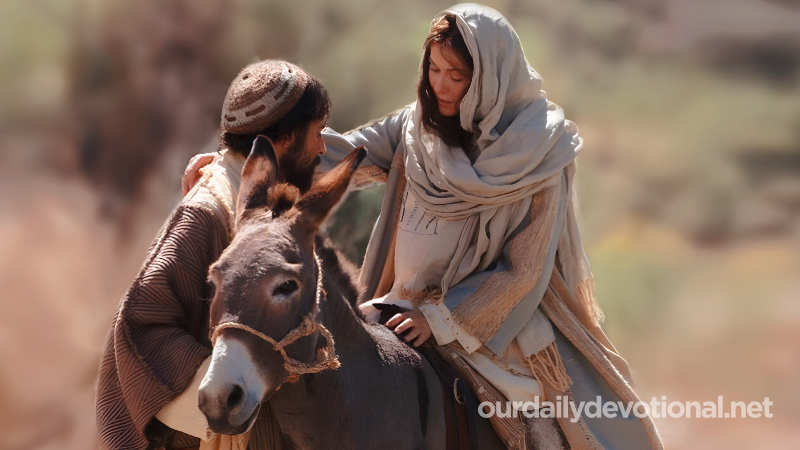River of Egypt (Is. 23:3; Jer. 2:18). In Hebrew «Shîhõr» and «y'õr» (river).
The Nile covered large areas, especially during times of flood, which is why it was sometimes called the sea (Nah. 3:8).
The waterways that feed Lake Victoria-Nyanza are the ultimate sources of the Nile, which is 6,500 km long (the longest river in the world, the Mississippi-Missouri, is 6,600 km).
The most famous part of the river begins at the junction of the White Nile and the Blue Nile, in Khartoum. From there to the Delta the Nile meanders through more than 2,600 km through the desert.
From then on it only receives a single tributary on its left bank, 225 km below Khartum. The banks rise to around 100 m. high and sometimes exceed 300 m., bordering the valley like walls until reaching Cairo, where they abruptly move away to the east and northwest before the Delta.
Immediately below Khartoum, the Nile penetrates the Nubian Plateau and describes a gigantic S, comprising six cataracts. Somewhat upstream from Aswan (ancient Siena), a granite bank that extends for almost 290 km from east to west, obstructs the bed of the river, which makes its way and descends through the rocks forming the last cataract.
This is the first if you are going up the river against the current, which there crossed the confines of ancient Egypt. Ancient Ethiopia stretched from this waterfall to the sixth. The granite of the cross rocks has provided the famous light brown rock that is lustrous when polished, and from which so many statues of pharaohs have been made.
Downstream from Cairo, about 160 km from the sea, the river divides into several branches, and flows into the Mediterranean through various channels. This part of its course is called Delta, after the triangular shape of the letter D in Greek. The two main mouths are at Damietta and Rosetta.
In ancient times there were seven. The most important were the Pelusiac to the east, the Canopic to the west, and the Sebenite in the center (Herodotus 2:17). As the river continues its sinuous course through the dryness of the desert, a large amount of its water is lost through evaporation, infiltration and, above all, due to the immense system of irrigation canals, essential for agriculture.
The famous annual flooding of the Nile, which fertilizes a rain-deprived country, was a mystery to the ancients (Herodotus 2:19-25). The Lake Victoria-Nyanza region receives almost daily rainfall, the regular supply of which gives the Nile a constant current.
The White Nile has its sources in the mountains of Ethiopia; It is nothing more than a stream during the dry season. During the rainy season it becomes an impetuous torrent, loaded with Abyssinian silt. The Atbara, formed by the rains, is an analogous torrent.
Immense desert expanses border Egypt. Without the annual flood, this country would have been left bare of vegetation. According to Herodotus' famous phrase, "Egypt is the gift of the Nile." The flooding of the Blue Nile and the Atbara are the cause of the flood; The river rises slowly at first, from the beginning of June, then more rapidly, from July 15 or 20.
Towards the end of September, the waters stop rising, and remain at the same level for twenty to thirty days. In October the flooding resumes, and reaches its maximum (100,000 m3 per second). From there the level drops; By the end of December the river is once again within its bed.
In January, February and March the fields gradually dry out. The flood has softened and fertilized the soil. The flood reaches 12 meters in Aswan, and reached 7 or 8 m. in Cairo. It left a deposit of 10 to 12 cm. of alluvium. Under Sesostris I there were no products from the land due to years of famine.
This pharaoh is identified by Courville as the pharaoh under whom Joseph served as prime minister of Egypt (see PHARAOH, a). It is at this time that there were seven years without floods (Gen. 41:54).
The same calamity of seven years without floods took place under Caliph el-Mustansir, which reached its greatest point in 1070 AD. The ancient Egyptians regularly recorded the level of the flood in different places.
In the time of the pharaohs, the Egyptian agricultural year was divided into three seasons:
the flood period (from the end of June to the end of October);
that of crops (from the end of October to the end of February) and, finally,
that of the harvest (from the end of February to the end of June).
The construction of the Aswan Dam, completed in 1964, has considerably modified the behavior of the Nile. On the one hand, it has increased the irrigation area available for crops.
On the other hand, it has eliminated sediment discharge and regularized the flow of the Nile in lower Egypt, so the long-term effects on the ecosystem may be truly counterproductive in relation to agriculture. The effects are felt especially seriously in the Delta area.
Meaning of NILE
River of Egypt (Is. 23:3; Jer. 2:18). In Hebrew «Shîhõr» and «y'õr» (river).
The Nile covered large areas, especially during times of flood, which is why it was sometimes called the sea (Nah. 3:8).







